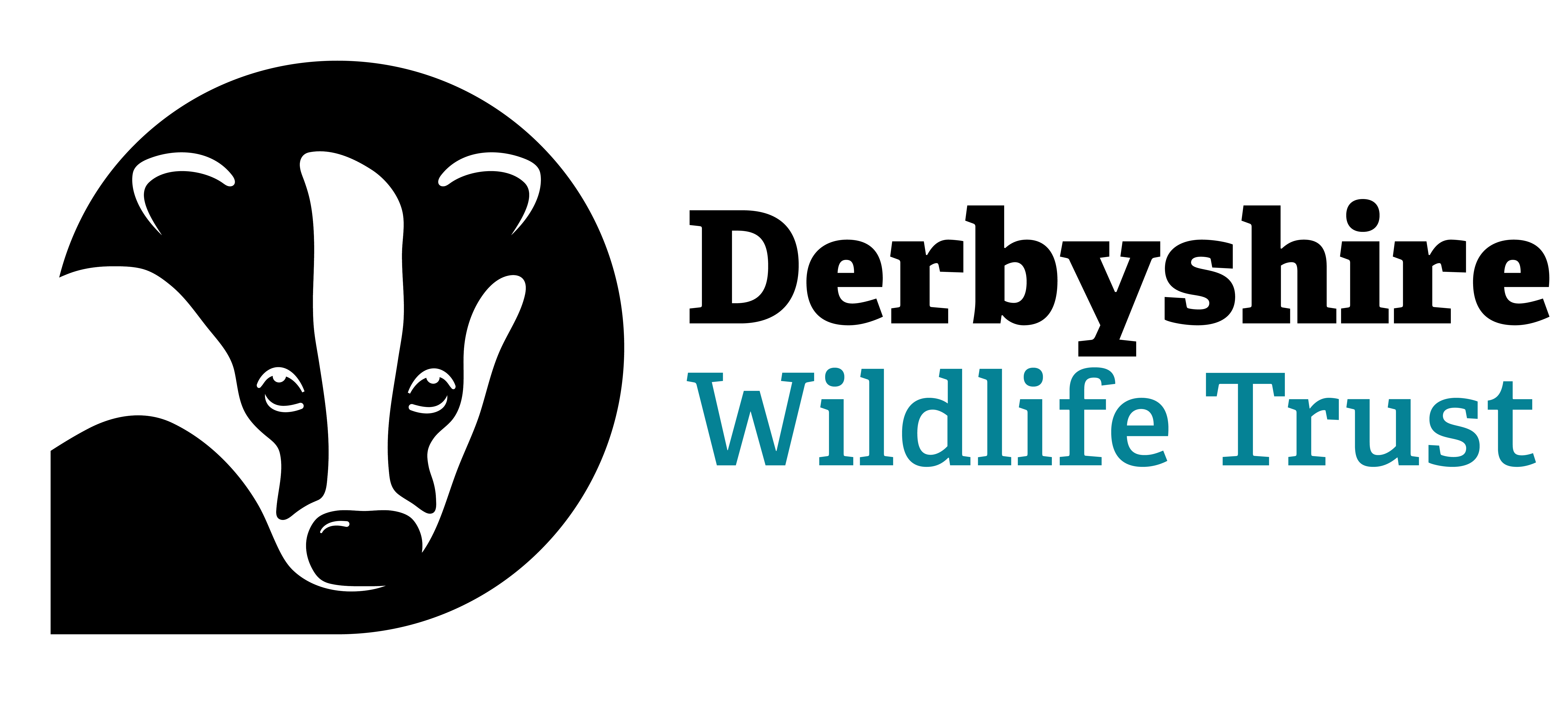The Government has announced the publication of a White Paper, Planning for the Future.
Derbyshire Wildlife Trusts believe there are fundamental flaws in the current planning system because it has allowed huge declines in the natural world – and the proposed reform of the process risks making a bad situation much worse.
Dr Jo Smith, CEO of Derbyshire Wildlife Trust said; “Planning and development done well can actually create new opportunities for nature and communities. We are extremely concerned that changes in planning legislation could remove the incentive for this kind of scheme, meaning unhealthy, disconnected wildlife habitats and a poorer quality of life for everyone .”
Nature-rich housing developments, designed with environmental sensitivity and green infrastructure at their heart, can provide people with easy access to nature and green spaces where they live and work and deliver multiple social, environmental and economic benefits.
Derbyshire Wildlife Trust has worked closely with and provided advice to developers and planners at a number of locations across the region, showing how new development can benefit wildlife and people.
- New Raynesway industrial development, Derby - new wetland habitat has been created in an area the size of 28 football pitches, which will bring incredible benefits to wide range of wildlife, and where wild flowers will support more insects, birds and bats.
- Peacehaven, a 76 house development, Willington - people and wildlife benefit from an attractive new wetland, wildflower meadow and the improvement and planting of new native-species hedgerows on a site that was previously poor for wildlife.
Jo adds “Millions of homes already have permission but are not being built. We need Government to push for action on existing permissions and make space for nature, before more greenspaces are sacrificed.”
Derbyshire Wildlife Trust believe the ability of local people to have their say must not be reduced – instead, it is important that the voice of local communities is heard louder than ever so that affordable housing can be surrounded by wild spaces, clean air and healthier surroundings to realise the government ambition for 'higher regard on quality and design than ever before.'*
Research shows that time spent in nature is good for you and there are many studies that show the links between access to nature and better health. Research also shows that urban living with little or no contact with nature can increase physical and mental health problems. Nature too is suffering; urban development is a significant factor in the continuing loss of wildlife and wild spaces.
The Wildlife Trusts will be responding the Government’s consultation on the white paper, which closes is 29th October 2020.
Read more on Homes for People and Wildlife – how to build housing in a nature-friendly way
*Robert Jenrick, Housing Minister, writing in the Telegraph 1st August 2020.
